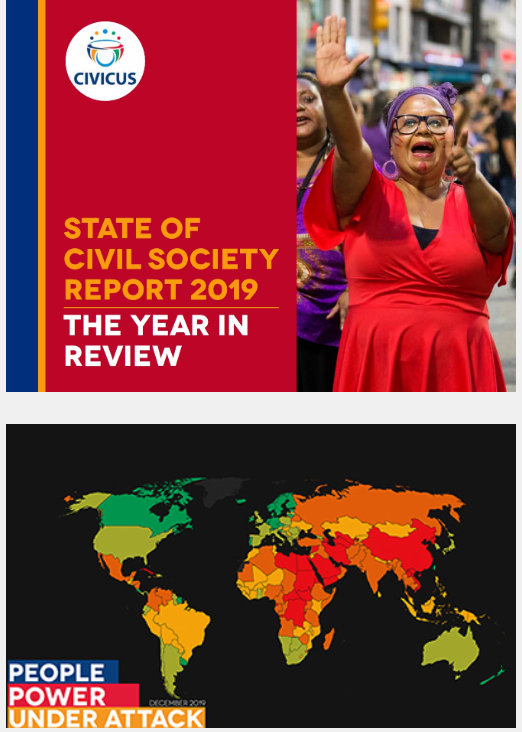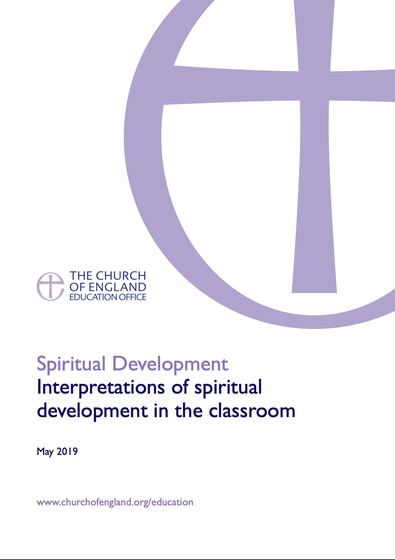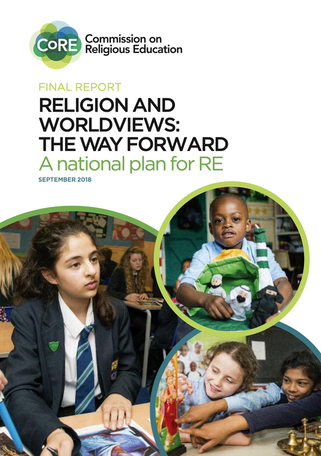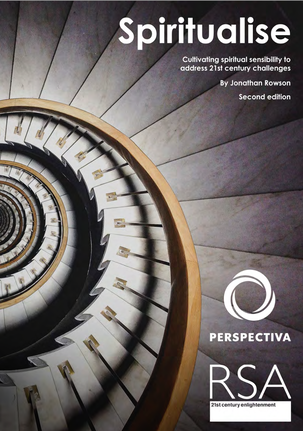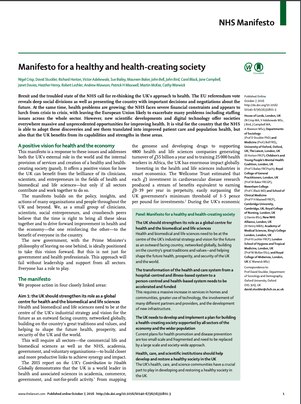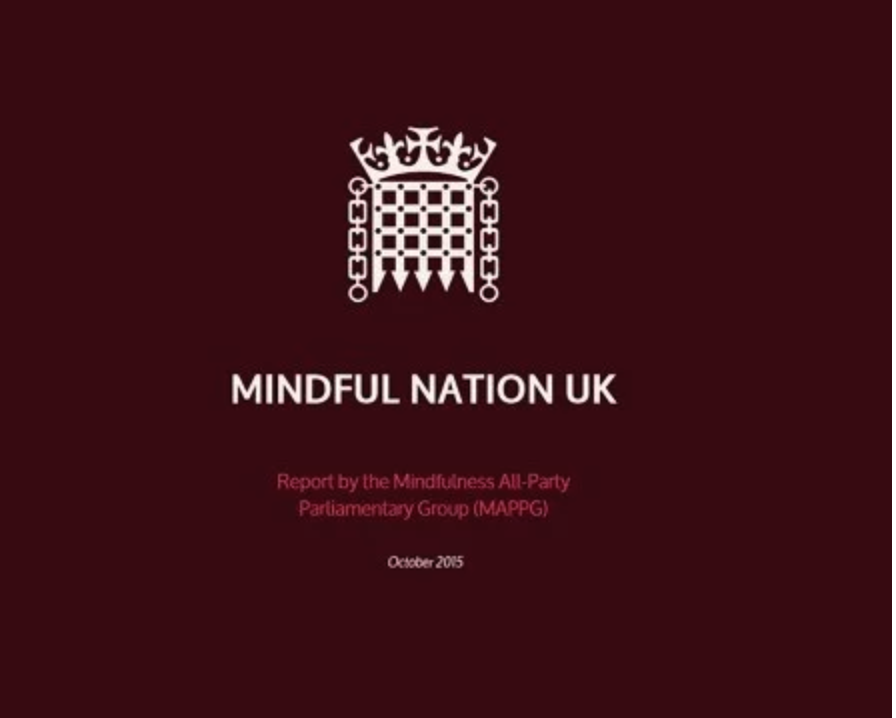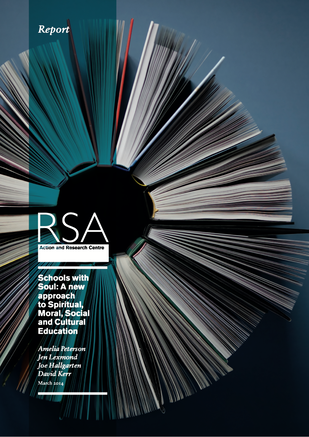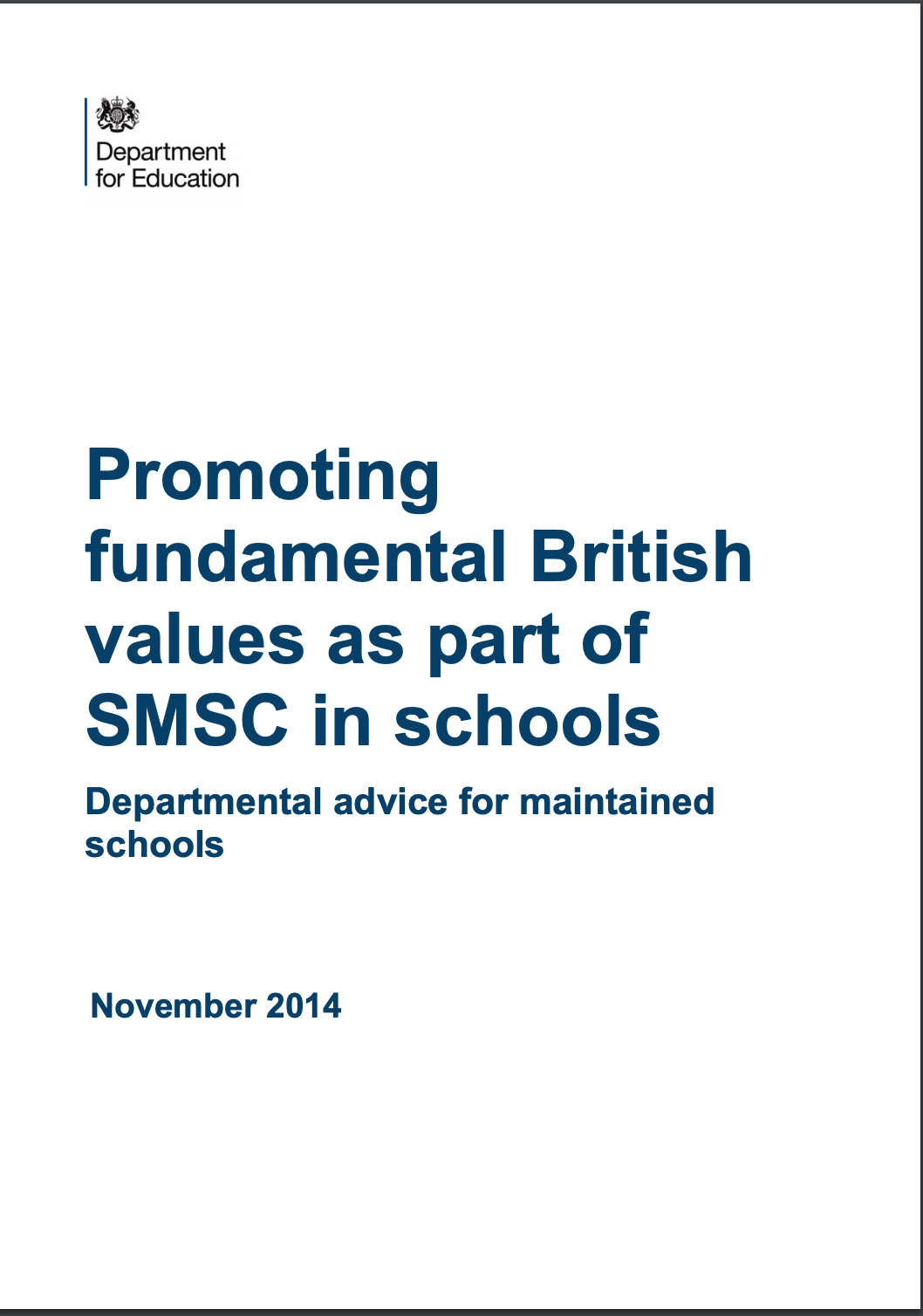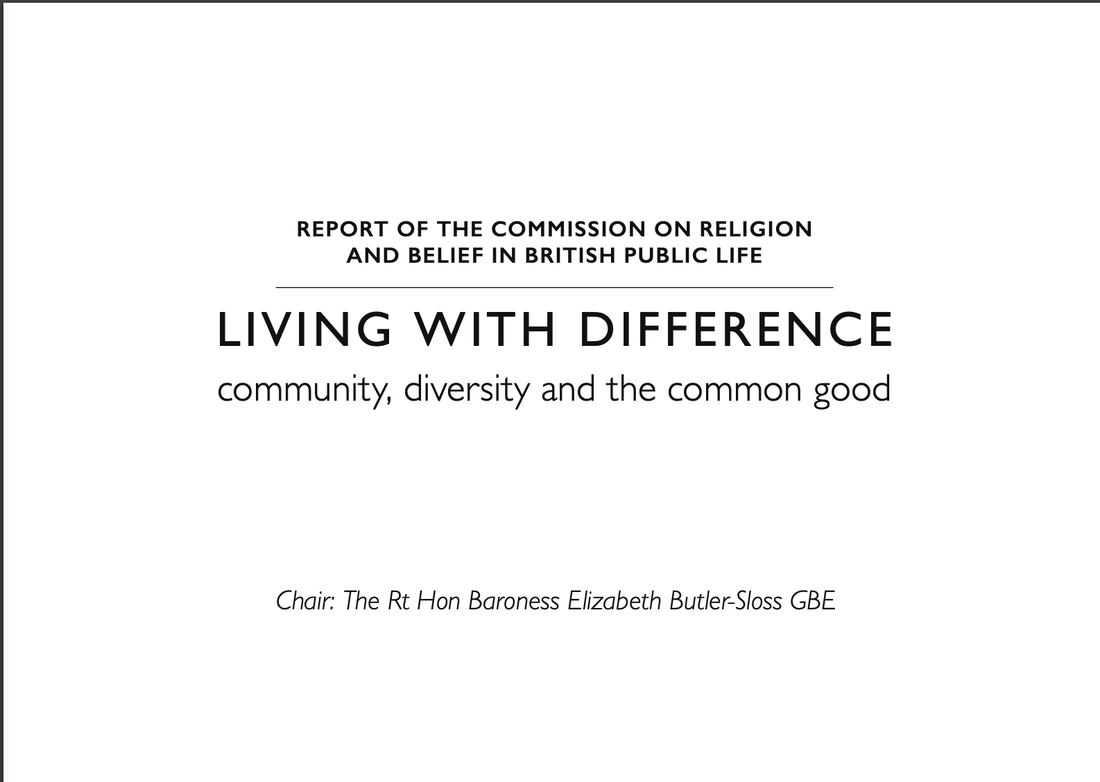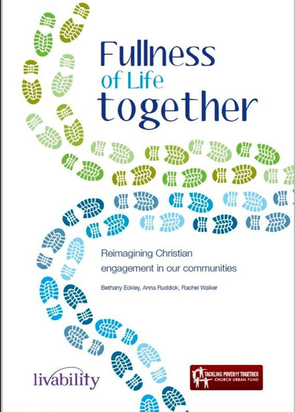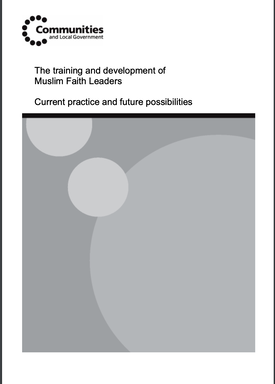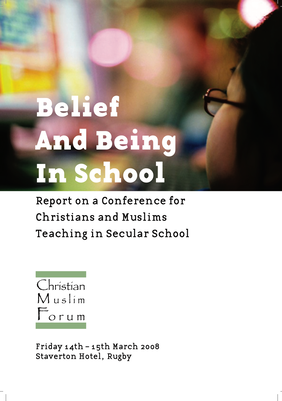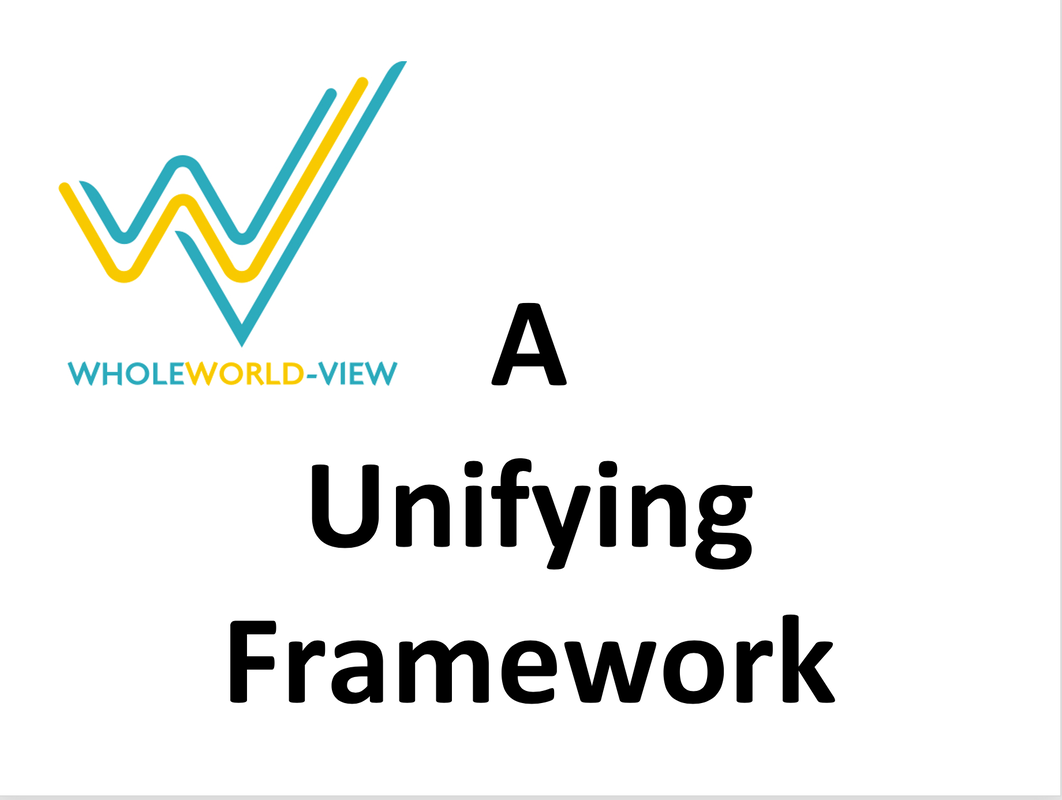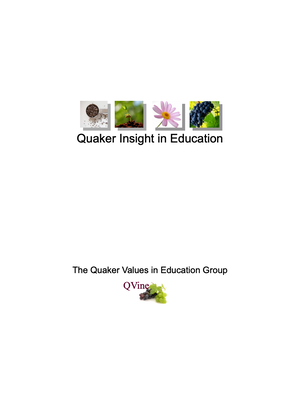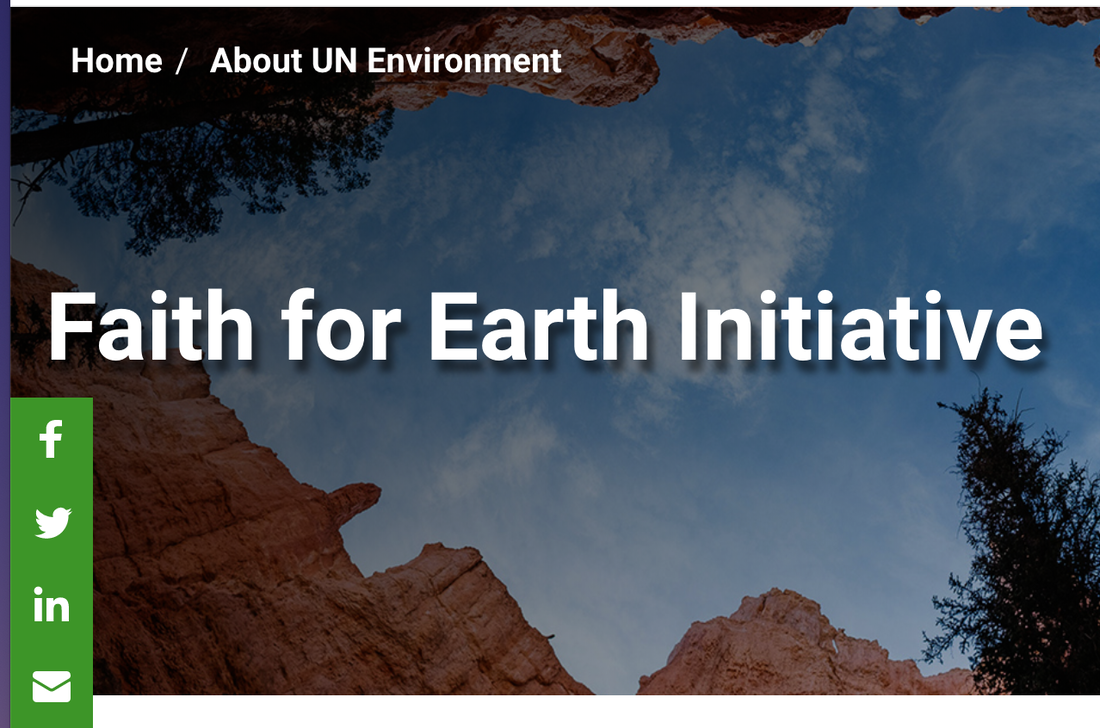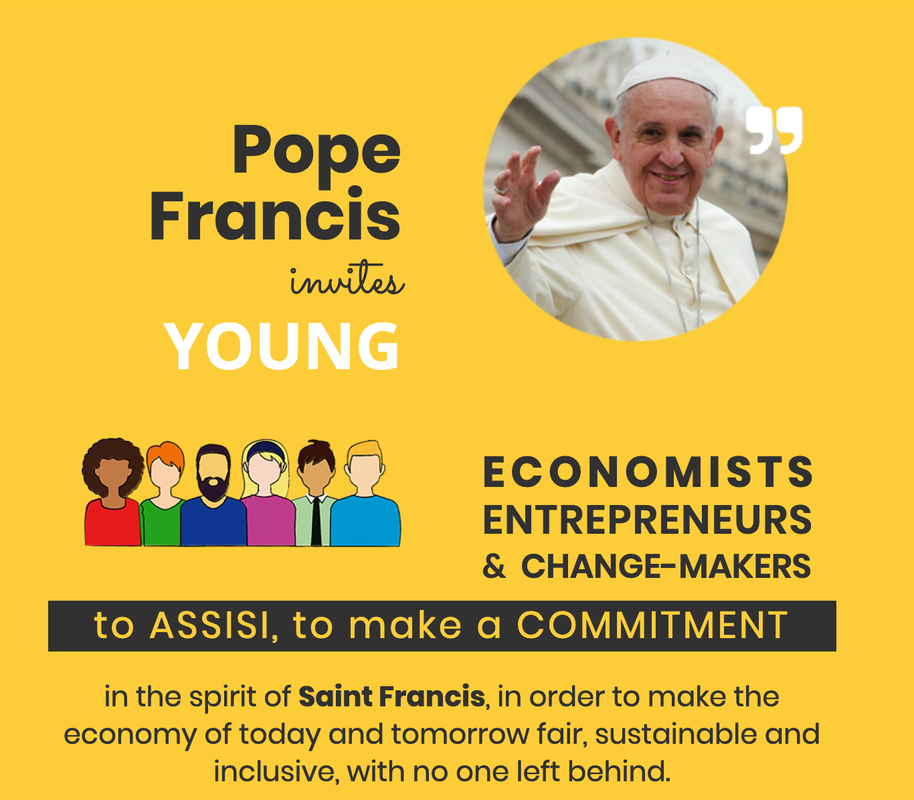World facing a global compassion deficit - 2019 CIVICUS reportCivil society organisations providing humanitarian assistance to migrants and refugees are being targeted as the world faces a crisis of global compassion. This alarming trend is one of the findings of the State of Civil Society Report 2019, an annual report by global civil society alliance CIVICUS, which looks at events and trends that impacted on civil society in the past year. In one cited example, the Italian government prevented a boat operated by international medical NGO Médecins Sans Frontières (MSF) from docking in Italy, leaving it stranded at sea for a week with more than 700 passengers, including unaccompanied minors. In the USA, organisations were prevented from leaving life-saving water supplies for people making the hazardous journey across the desert from Mexico.
“Civil society, acting on humanitarian impulses, confronts a rising tide of global mean-spiritedness, challenging humanitarian values in a way unparalleled since the Second World War,” said Lysa John, CIVICUS Secretary General. “We need a new campaign, at both global and domestic levels, to reinforce humanitarian values and the rights of progressive civil society groups to act,” added John. |
2019: Spiritual Development: Interpretations of spiritual development in the classroom - Church of England Education Office,How well does the school support all pupils in their spiritual development, enabling all pupils to flourish?1 During the country-wide consultations in preparation for the 2018 SIAMS schedule, it became clear that Church schools have many different definitions and articulations of spiritual development. This is a healthy and encouraging sign.
The purpose of this document is not to try and impose one approach or one way of thinking. Instead it is to stimulate this thinking further.The initial audience for this publication is SIAMS inspectors.The aim is to make them aware of the approaches they may encounter and to ensure that they don’t dismiss something just because it is not what they are used to. I hope, however, that it will prove helpful for schools as they consider their understanding of spiritual development and for diocesan officers as they support schools in exploring this - Derek Holloway, School Character and SIAMS Development Manager |
2018 Religion and Worldviews: The Way ForwardThe Commission on Religious Education (CoRE) spent the two years listening to evidence from a wide-range of concerned parties including pupils, teachers, lecturers, advisers, parents and faith and belief communities and received over three thousand submissions. They were excited and encouraged by the reports of the excellent work happening day by day in many classrooms. They were, however, convinced that RE needs rejuvenating if it is to continue to make its important contribution; indeed if it is not to wither on the vine. There are three reasons for this. First is the growing diversity of religions and beliefs that pupils today encounter, both in their locality and in the media. Second is the variable quality of RE experienced by pupils across the country. Third is the fact that the legal arrangements around RE are no longer working as more schools become academies.
|
2017 RSA Spiritualise ReportSpiritualise is a tenacious inquiry into the philosophical coherence, scientific grounding and cultural relevance of spiritual perspectives, experiences and practices. The first edition was the culmination of a two-year project at the RSA in London involving over three hundred participants including atheists, agnostics, and people of various faiths.
This second edition includes an extended new preface and an additional chapter focussed on the relationship between spiritual sensibility and political imagination. The booklet is written by Dr Jonathan Rowson, formerly Director of the Social Brain Centre at the RSA, and now Director of Perspectiva – a new research institute that examines the relationship between complex global challenges and the inner lives of human beings. 2016 Manifesto for a Healthy and Health-Creating SocietyThis manifesto addresses both the UK’s external role in the world and the internal provision of services and creation of a healthy and health-creating society. It offers a positive vision for how the UK can benefit from the brilliance of its clinicians, scientists, and entrepreneurs in the fields of health and biomedical and life sciences—but only if all sectors contribute and work together to do so. The manifesto builds on the policy, insights, and actions of many organisations and people throughout the UK and beyond.
We, as a small group of clinicians, scientists, social entrepreneurs, and cross-bench peers believe that the time is right to bring all these ideas together and to drive forward improvement in health and the economy—the one reinforcing the other—to the benefit of everyone in the country. 2015 Mindful Nation UK ReportPublished on behalf of the UK Mindfulness All-Party Parliamentary Group in October 2015, the Mindful Nation UK report was the first policy document of its kind, seeking to address mental and physical health concerns in the areas of education, health, the workplace and the criminal justice system through the application of mindfulness-based interventions.
It was produced following a 12-month inquiry involving eight hearing events in the British Parliament, supported by The Mindfulness Initiative. The recommendations in this report are evidence-based, sourced directly from scientists and experienced implementers, who report notable success in their respective fields and urge policymakers to invest resources in further pilot studies and increased public access to qualified teachers. |
|
This investigation focused on the curious acronym that is ‘SMSC’: the spiritual, moral, social and cultural development of pupils.1 The duty of schools to promote SMSC has remained a constant in UK education since 1944. Many existing schools have always placed a premium on these qualities, whilst new academies and Free Schools often strongly emphasise school ethos and character development in their initial establishment. The promoting of community cohesion remains a legally established priority. Meanwhile, new learning approaches that focus on developing the competencies to live confidently in a global context are coming to the fore. This explains both why the promotion of SMSC remains a key education issue and why there is controversy about what it means and how schools should approach it.
Read the Summary Report |
2014: Promoting fundamental British values as part of SMSC in schoolsAll maintained schools must meet the requirements set out in section 78 of the Education Act 2002 and promote the spiritual, moral, social and cultural (SMSC) development of their pupils. Through ensuring pupils’ SMSC development, schools can also demonstrate they are actively promoting fundamental British values. Meeting requirements for collective worship, establishing a strong school ethos supported by effective relationships throughout the school, and providing relevant activities beyond the classroom are all ways of ensuring pupils’ SMSC development. Pupils must be encouraged to regard people of all faiths, races and cultures with respect and tolerance. It is expected that pupils should understand that while different people may hold different views about what is ‘right’ and ‘wrong’, all people living in England are subject to its law. The school’s ethos and teaching, which schools should make parents aware of, should support the rule of English civil and criminal law and schools should not teach anything that undermines it. If schools teach about religious law, particular care should be taken to explore the relationship between state and religious law. Pupils should be made aware of the difference between the law of the land and religious law.
|
2013: Living with Difference Reportin September 2013 the Woolf Institute convened an independent commission to undertake over a two-year period the first systematic review of the role of religion and belief in the UK today and to make policy recommendations.Twenty commissioners from across Great Britain and Northern Ireland accepted the invitation to take part and they were well supported by a hard-working secretariat.
During the two-year period they were encouraged by the extent of interest the commission generated at local hearings across the country and there was general agreement that in today’s society it is essential not only to understand religion and belief but also to reflect on how they interact with each other at local and national levels. Indeed, it is only with such an understanding that communities can be sustained, and that people can live with difference and contribute to the common good. Fullness of Life Together ReportThousands of churches around the country are working to support people in their communities, providing activities ranging from food banks and debt advice, to night shelters and job clubs. Together with Livability we reflect on the way in which churches engage with our communities; we ask questions about the dominance of service delivery models in Christian community engagement and offer alternatives drawing on Co-production and Asset-based Community development.
Using case studies from around the country, theological reflection and questions for discussion we invite Christians seeking to impact their communities to reflect with us on how we might do this in ways that build community and result in life in all its fullness, shared together. |
2010 The training and development of Muslim Faith LeadersThere is much good practice in Muslim faith leadership training in Britain at all levels – secondary education, higher and further education, and continuing professional development. There is, however, an urgent and acknowledged need for further development of educational provisions for Muslim faith leadership training in Britain. Diversity of tasks, roles and denominations Faith leadership in Muslim communities is exercised not only by mosque-based imams but also by chaplains, teachers, instructors, scholars and youth workers, among others. Programmes of training and development need to bear this diversity in mind and also, therefore, that faith leadership in Muslim communities is exercised by women as well as by men. Further, programmes must bear in mind that there is great diversity in Islam with regard to traditions, denominations, points of view and schools of thought.
|
2008 Belief and Being in SchoolFor a 24 hour period in March 2008 almost 50 educationalists of faith who work in secular environments came together to discuss issues of mutual concern and interest. Conceived by the two Christian and Muslim education specialists on the Christian Muslim Forum (Forum), the conference was jointly planned and executed by Forum members in conjunction with colleagues from the Muslim Teacher Association (MTA), and from the Association of Christian Teachers (ACT). The planning, execution and conference report were all predicated upon one key principle that is fundamental to the Christian Muslim Forum itself: we must model behaviour of joint discourse, agreement and presentation, so that at all times conference was a joint effort equally shared by Christian and Muslim believers, conducted in a spirit of openness and love.
|
Whole World ViewThe scientifically-based WholeWorld-View naturally reconciles with universal spiritual experiences to co-create a breakthrough in the understanding of the nature of reality, the evolutionary moment we are living in, what it means to be human, and our influence on the evolution of life on our planet.
Based on the book, The Cosmic Hologram, the WholeWorld-View provides a foundation and practical perspectives towards problem solving upon which we can shift our individual, and collective, values and behaviours to be aligned, and in harmony, with the natural world and cosmic principles. https://www.wholeworld-view.org |
Quaker Insight in EducationThis booklet has been written by the Quaker Values in Education Group, 2016. QVinE, which is a listed group within Britain Yearly Meeting, grew out of a widely held concern about the state of our schools and the impact of recent policy moves on the educational principles and practices to which many teachers feel committed.
This publication is the product of a process of discernment which has included Quaker and non-Quaker teachers, and others concerned with education in a variety of roles. Discernment is a worshipful search for truth. It is primarily intended for Quaker teachers, who feel a tension between what is required of them in schools, and their beliefs and values as expressed in our testimonies to truth, peace, simplicity and equality. However, many non-Quaker teachers may find inspiration in the leadings expressed in this little booklet. QVinE thinks it essential to spell out the clear lines of connection between those testimonies and the education of our children. Our hope is that this exercise will help and support teachers as they endeavour to take those values with them on a daily basis into their schools and classrooms. |
UN Faith for Earth InitiativeSpiritual values for more than 80% of the people living on earth have been driving individual behaviors. In many countries, spiritual beliefs and religions are main drivers for cultural values, social inclusion, political engagement, and economic prosperity. Since its resolution in 2008 on the “promotion of interreligious and intercultural dialogue, understanding and cooperation for peace” the UN General Assembly has encouraged the promotion of dialogue among all cultures for promoting interreligious and intercultural dialogue, tolerance and understanding.
www.unenvironment.org/about-un-environment/faith-earth-initiative |
Economy of FrancescoTogether with you, and for you, I will appeal to some of the best scholars and cultures of economic science, as well as to entrepreneurs and entrepreneurs who today are already committed worldwide to an economy consistent with this ideal framework. I trust they will respond. And above all I trust you young people, capable of dreaming and ready to build, with the help of God, a fairer and more beautiful world.
The appointment is for the days from 26 to 28 March 2020 . Together with the Bishop of Assisi, whose predecessor Guido eight centuries ago, he welcomed the young Francesco into his home in the prophetic gesture of his stripping, I expect to welcome you too. I wait for you and as of now I greet and bless you. And please don't forget to pray for me. From the Vatican, 1 May 2019 Memory of Saint Joseph the Worker https://francescoeconomy.org/ |
